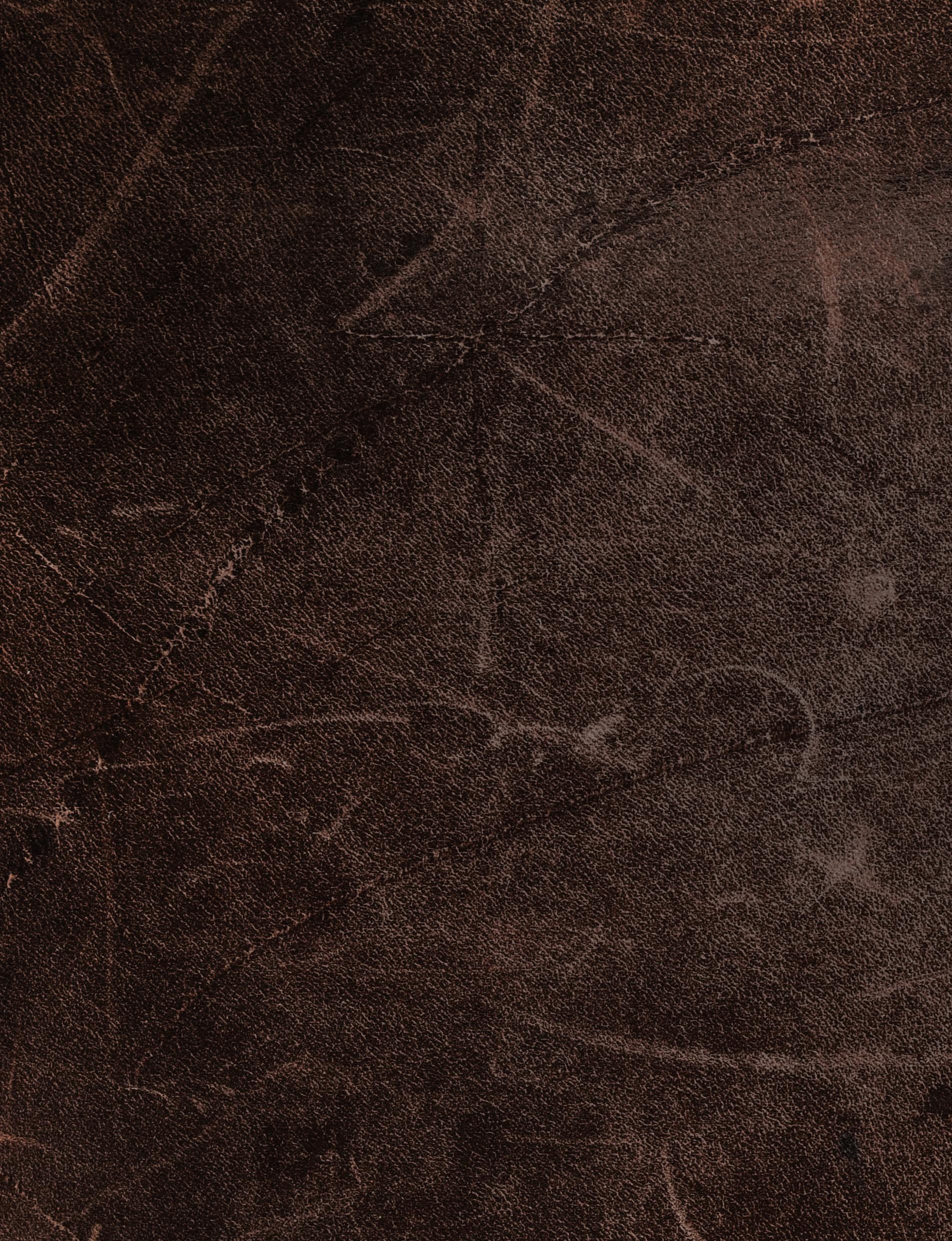
18 minute read
An Interview with Tilden Hooper
Rodeo Life: How many rodeos do you compete in on average?
What is the greatest number of rodeos you’ve ever competed in in one season?
Tilden Hooper: On average, I compete in about 60-65 rodeos a year normally. The most I’ve ever competed in was about 108 my rookie year.
RL: What is the life of a professional Bareback Rider like?
TH: It differs with age. I’m married and starting a family, so life for me right now is different than it was when I was twenty-five. But when I’m not rodeoing, I get up and have a good breakfast, get a good workout in, and take care of stuff around the house. I’m gone quite a bit, so it’s important for me when I’m home to use that time to spend enjoying it with family. But the main thing that I have to make sure I do every day is to get a good workout in. I need to get good mobility and stretching in to keep my body able and ready to ride.
RL: How important is physical fitness to your career?
TH: It’s very important. I feel like Bareback Riding is the most physically demanding event in rodeo on your body. Every time I ride, even on an easy horse, it’s like getting in a fist fight. You’re going to take a few shots and your body is going to go through some strain. In order for my body to be able to take all of that strain it has to be at a certain level of physical fitness. I think it’s very important to work out and keep your body where it needs to be to recover and withstand the abuse. I don’t think that working out and training from the aspect of trying to get so strong that you can manhandle the horses would ever work. You’re not going to bench press yourself into a great ride – it’s still a riding contest. But for me, in order for my body to take the abuse that it has to for me to stay competitive, working out is really important.
RL: How has COVID-19 changed the course of rodeoing this year?
TH: It’s been a pretty big change. The main change I would say is instead of averaging 60 rodeos year I’ll only end up going to about 40. A lot of the bigger rodeos like Cheyenne, Pendleton, Salinas, Reno, all of ones where we are able to make good money at, had to cancel this year. We have had rodeos to go to which I am very thankful for, but the pay has decreased quite a bit. I’m fifth in the world right now and have 70-something thousand won, but in a normal year being fifth in the world you would have close to $150,000 won. In my mind, there has been about $100,000 decrease. I understand why – rodeos are only able to sell half as many tickets in a lot of places. But the fact is we’ve been riding for a substantially less amount this year. One thing that I’m not sure everyone understands is that it still costs the same for us to go and chase those rodeos, as far as what travel expenses are and stuff, but the chance of winning $10,000 on the weekend isn’t there. The profit margin just isn’t the same. These rodeos that normally get twenty guys are getting fifty guys, so if you don’t get the right horse you don’t have a chance. It just makes it to where you have to make some different business decisions. I’ve been very blessed this year to have some strong wins and place throughout the year.
RL: You broke the million-dollar barrier, how does it feel to be a million-dollar cowboy?
TH: I honestly didn’t know that until an interview I did earlier this week and I told the guy, “I wish I knew where it was.” It feels like a cool accomplishment and it says a lot about rodeo and the money available.
RL: What is the toughest horse you’ve faced so far in your career? Who won?
TH: In my opinion, the rankest horse I’ve been on is a horse called Grated Coconut. He was a great stud from Calgary Stampede. He bucked really hard every time. I got on him twice and one time I was 0 and the other time I was 91, so we were 1 and 1, but he’s retired now. The last time I got on him I was 91 so I feel like I won.
RL: In your opinion, what has been the greatest win so far in your rodeo career and why? What is the ultimate goal?
TH: It’s hard to pinpoint just one because they are all really special. Anytime you have a win, especially at a big rodeo, you remember the horse you were on, the environment and the vibe at the rodeo that day. I think the coolest, most prestigious win I’ve had so far came last year at the Pendleton Round-Up. That rodeo is one that everyone wants to win. It’s been around since the beginning and is one of the more prestigious rodeos to win. To be blessed and have the right kind of horses and the right kind of performance there and have everything line up was phenomenal. I really don’t think people realize – and I didn’t understand until I was rodeoing for quite a while – how hard it really is to win first at these rodeos. Things just have to go your way. We go to a lot of rodeos and a lot of guys do everything perfect and still don’t win because we are dealing with the luck of the draw. Ours is a judged event so sometimes, especially when you get to the short round, the best guys are there, the best horses are there and the judges have to pick a winner. I feel very blessed to have won the Pendleton Round-Up and a couple other rodeos like that, but I would say Pendleton definitely jumps off the page for me.
I would say the ultimate goal for my rodeo career is the same as a lot of guys: I want to be a World Champion. I want to strap on that gold buckle. I want to go out to the National Finals Rodeo and be the best Bareback Rider that was there for ten days straight and win the world. To be honest, those are personal goals – selfish goals. If those things don’t happen in my life, I will still be happy as long as after my rodeo career is all said and done people know that I gave it everything I had every time I nodded my head; that if I said something, I meant it and stood by my word; that I was good to g my family and friends; that I was a good husband and hopefully a going to be good father when the time comes. Those are the things that are important. The things that happen in the arena are pretty small in the grand scheme of things. Those are selfish goals that I do this for, but at the end of the day if people look at me and say, “that guy was a great cowboy, a good friend and a great guy,” that’s what I’m after.
RL: You’ve qualified for the Wrangler National Finals seven times. What have you learned from your past performances that will help you hopefully secure your first World Title?
TH: The hardest thing is staying healthy. The more you know about it, the easier it should get. I’ve got a lot of experience compared to some of the other guys and I like to try to capitalize on that. I think just going out there and taking it one horse at a time, trying to make perfect rides and trying to perfect my craft is what will help me rise to the top to the pinnacle of the sport. Just being able to control my emotions going out there and physically and mentally putting myself in a place to win every time really helps me out.
RL: How do you feel about the NFR being held in Texas this year? Do you hope it will continue to be held there?
TH: I’m excited. It’s so cool to get to do this – it’s a once in a lifetime opportunity to ride in Arlington [for the NFR] for the first time and possibly the last time. Whoever is the World Champion in Arlington this year might be the only World Champion ever in Arlington and that to me is something so unique. That’s what everyone does this for: to be the best and be able to do once in a lifetime stuff. The opportunity to be able to do that is huge. From a competitive standpoint, I’ll be sleeping in my own bed every night and operating out of my house. It really couldn’t be much better for me. I’m excited to try and capitalize on that opportunity. It makes me proud to be a Texan that our state isn’t living in fear and that they are going to allow people to go out make a living. I think it’s going to be an awesome show.
I love Las Vegas and everything they have done for our sport and the Wrangler National Finals, but I would love if it was in Texas again. I think realistically we all know it’s going back to Vegas and I don’t think anyone is mad about that either. But if it did stay in Texas, I would love that.
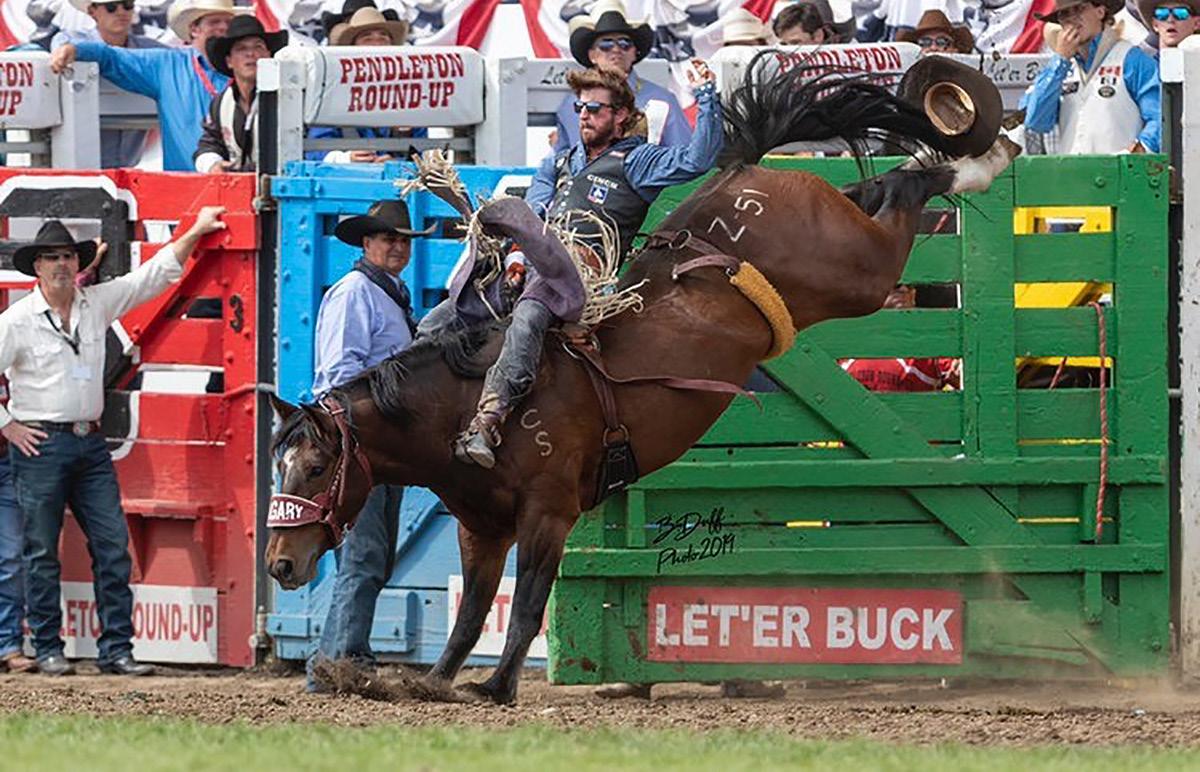
RL: You started Bareback Riding at 15 and you didn’t consider yourself very good at it at first. What made you stick with it? How did you hone your craft to become one of the Best Bareback riders in the world?
TH: Honestly, that is a God thing, there’s no doubt about it. It makes no sense that I would have even thought that I could do this. I had it in my mind that this is what I wanted to do and I was prepared to do anything to make it happen. I was lucky to grow up in church to understand how God works and understand the amount of faith and trust you have to put in God. That when something is too big for you, give it to Him. I’ve always operated like that. Since the beginning, I felt like this is what God put me here to do, I don’t always necessarily know why or how. But it makes absolutely no sense how I went from doing what I was doing then to being able to do what I do now other than God put me here to ride bucking horses and gave me the stage to share with people how powerful He is and how big He can work in your life. I didn’t have the physical ability and wasn’t really that tough of a kid when I started doing this. I became who I am because I wanted to be a Bareback Rider and the Bareback Riding helped shape that and the people that God put in my life through rodeo shaped who I am. Everything just seems to keep working out and getting better. I think that just comes down to the fact that at a very young age I accepted Christ in my life and accepted that He is in control. My job is to show up and give everything I have every time no matter what I am doing and after that He will take care of it. I think trusting in that has made the biggest difference in my life.
RL: You were born in Shreveport, LA, but what makes Texas your hometown?
TH: Louisiana is just the biggest and closest hospital to where I grew up in Texas. I was just in Louisiana long enough to stay in a room and get back to Texas. I’m a pretty proud Texan. It’s a really cool state and I’m big into Texas history. Texans are just different than everyone else – they have a more independent streak. It’s a freer place, especially these days. I’m very proud to be from Texas.
RL: You’ve had a few notable injuries in your career, so much that doctors have suggested finding a new career path, how do you deal with injuries? What is the recovery process like? What keeps you getting back to Bareback Riding?
TH: It’s really simple, it goes back to it being a God thing. When things started going down with my neck, it was a process of several years. I tried to pretend like it wasn’t happening and tried to tough it out, but it didn’t work. In 2011, I sat out for 6 months. I was ranked high in the world standings going into Cheyenne that summer. I had to come home from Cheyenne at the end of July until the first round of the NFR. And that year I feel like God put a guy name Shawn Scott, a chiropractor that works with the Justin Sports Medicine Team, in my life. I met him out there in Vegas, he walked up to me and said he could help me out and work on my neck. We started working together and he still designs all of my workouts and still helps me rehab. I could tell right away he truly knew what he was doing and really cared about me. I started listening to whatever he said and we changed some things in my training. The next year everything progressed so severely in my neck that I had to have surgery. The first doctor I was sent to wanted to fuse two levels of my neck and told me to get a new job and that I would never ride again. But Shawn Scott had set me up with a great neurosurgeon in Austin named John Stokes. He had already looked at my MRI and told me that he thinks he could go in and fix what needs to be fixed by only fusing one level and after that’s all said and done, maybe I’ll have a chance to ride again. He wasn’t going to tell me no just yet because he didn’t know what I was capable of. Shawn told me from the beginning that I was going to be out a year and that I needed to wrap my mind around that. And after a year if everything looked good and solid then we would get back to it. I trusted the fact that if God wanted me to continue riding after that year then I would and if not, I would find something else to do. I dedicated a year of my life to recovering and doing whatever Shawn said I needed to do and at the end of that year I was able to come back. I finished out the 2013 year going to a handful of rodeos and getting my qualifications up. I was able to qualify for the 2014 National Finals Rodeo and had the best week I had had up to that date. Things were going great until 2015 when my neck started to flare up again and I had to sit out for another year. I had to put my faith in God and understood that I needed to rehab this neck injury one way or the other. I put it in God’s hands, woke up every morning, gave it everything I had and at the end of that year I was able to start riding again. Since then, knock on wood, I’ve had no symptoms. Things have been progressively getting better. It’s a God thing – just trusting in Him and being prepared to give it everything I have has gotten me to where I am today.
RL: What made you choose Bareback Riding over Saddle Bronc or Bull Riding? Have you ever tried, or thought about trying your hand at them?
TH: I wanted to ride bulls, that’s kind of how I got interested. I didn’t grow up around rodeo. I wasn’t interested in rodeo until I was about 13 or 14 years old. I wanted to ride bulls, but my mom wasn’t having any of it. My dad rode some barebacks in high school and college and there were pictures of him riding at the house. I just wanted to be a rodeo cowboy and I didn’t know how I was going to make that happen. Bull Riding wasn’t working because my mom wasn’t going to let me do it. I somehow talked them into letting me ride bareback horses. In my mind, I would start on that and let them relax and then I would start riding bulls. I started riding barebacks my freshman year of high school and by the end of my sophomore year I started sneaking around and getting on some bulls. My senior year, I started entering in Bull Riding too, but I didn’t love it as much. It wasn’t meant for me, so I stuck with Bareback Riding. In between all of that I’ve tried bronc riding, calf roping, team roping – I’ve tried everything besides bulldogging and barrel racing but bareback is what stuck. Once I realized what Bareback Riding really was and it started progressing for me, there wasn’t any other event that was going to catch my eye. Bareback Riding is the coolest event, there’s no doubt about that. It’s the wildest, craziest, most physically demanding event – it’s a UFC fight every time the gate opens.
That’s how I’m wired and that’s what I’m into. It’s the perfect fit. I may not have known it then, but this is exactly what I’m supposed to be doing.
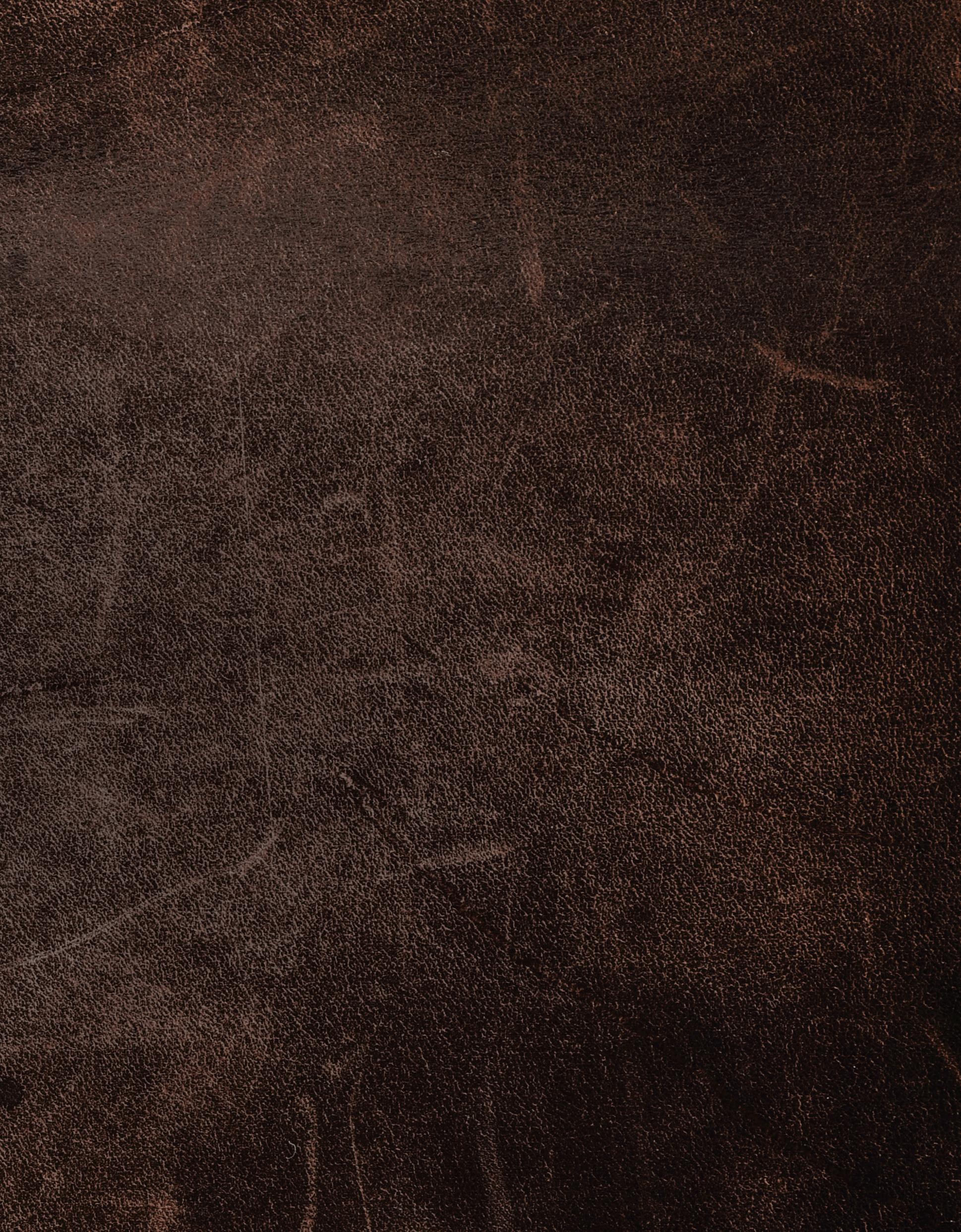
RL: What advice would you give someone who wants to pursue a professional career in Bareback Riding?
TH: I would tell them that it’s pretty easy. All it takes is everything you have every time. It’s a sport where whatever you put in you get back. If you are prepared to give it everything you have and really work at it, the sky is the limit. I didn’t start with much talent. It was a long and rocky road before I actually got going. If you are prepared to leave it all out there in the arena every time the gate opens, it will work and can provide one of the coolest lifestyles you can imagine. It’s the best job I’ve ever had.
RL: What is more important: the quality or quantity of rodeos?
TH: The quality, no questions asked. As a young man in this sport, you think you just need to go to every rodeo there is, and it’s new and exciting. I’m not saying that isn’t the way to do it, but I think in a sport as physically demanding as Bareback Riding, if you want to make a go at it for ten years or more, then you need to put yourself in the position to win the most money every time you nod your head. I think it’s important for a guy to compete at rodeos where he has an opportunity to win, to not get in over his head too soon but test himself and keep trying to move up. To me, the quality of the rodeo is the most important part. In a professional sport you would think that would make the most sense across the board. What’s the point of going to 100 rodeos if 40 of them are borderline amateur rodeos? I want to go to the 60 best rodeos in the world – I want to compete against the best guys and on the best horses. It’s a ladder up to there. You need to work yourself out at the smaller rodeos and move up the line. But if you want to do this for a living, I think the quality of the rodeo should be the more important thing in your mind.
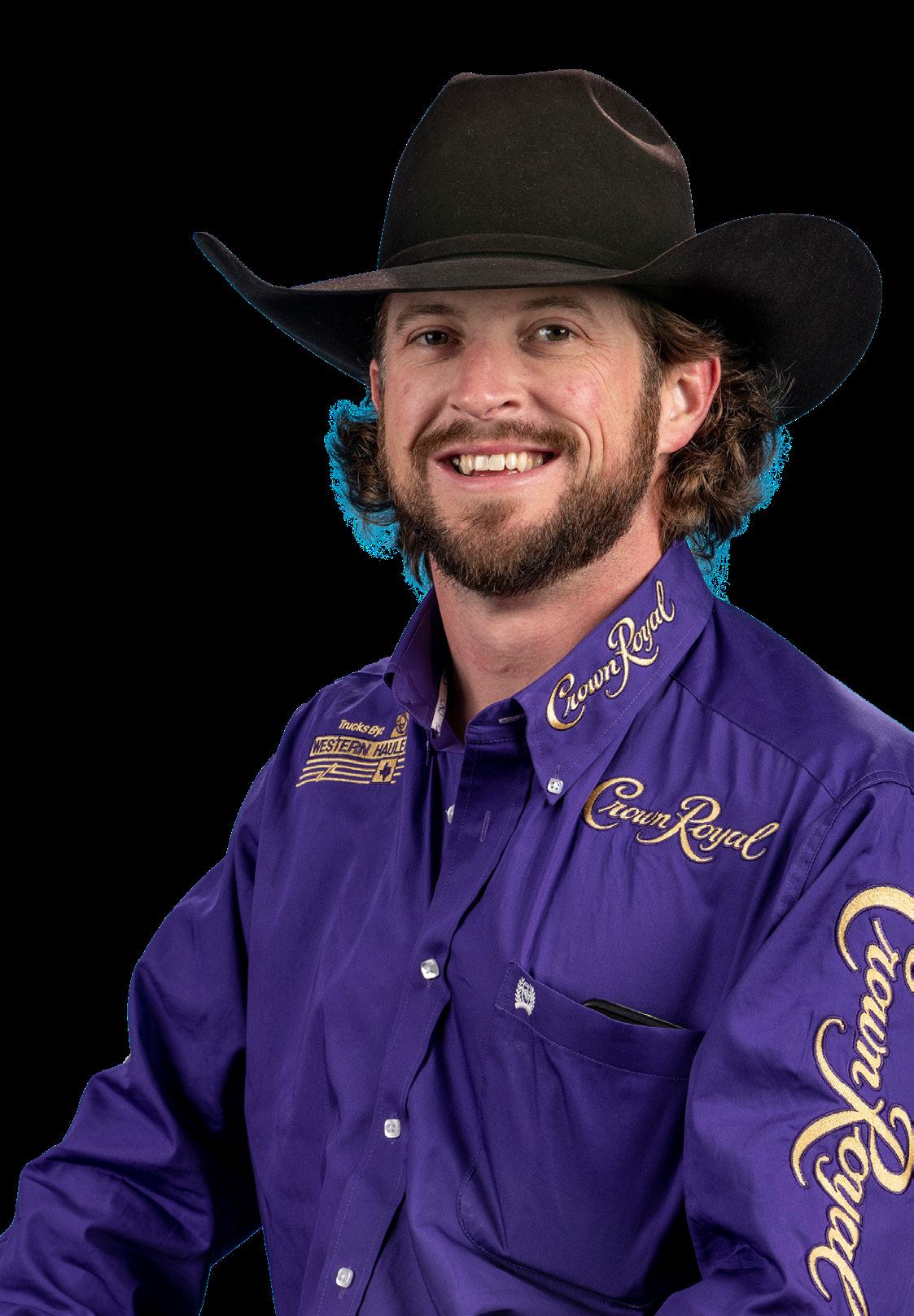
RL: Are rides different when you are riding for higher payouts? How do you stay mentally focused when a big check is on the line?
TH: I try to keep it simple. All I can control is my reaction to what the horse does – my reaction to the horses move. If I entered the rodeo, I already know g there’s a big purse. I try to only go to the places where the big purses are up, so it doesn’t really factor into my mind when I’m riding. All I’m focused on the day of when I get there is how can I get every point out of this horse that I can; how can I ride this horse to a point where there are no points left on the table. I want the judges watching me and the horse secondary. Those are the only things that I can control so those are the only things that I concern myself with.
RL: You’ve been a part of the PRCA for over a decade, how has rodeo changed during the course of your career?
TH: I will say that rodeo has improved substantially over the course of the last decade and over the course of my career. The quality of stock we get on, the quality of horses we get on, the amount of prize money that we are riding for, and the rodeos in general are improving daily. I truly believe that rodeo is a special sport, a special group of people and a special lifestyle that you get to live. In the current climate, I hope people are able to see rodeo cowboys and see how much we love our country and how much we respect our troops and the first responders. I hope rodeo cowboys can lead by example in the current sporting environment. With all of the tension in the world, I hope people can come to rodeos and see how much we truly love our country and maybe that ignites something in the rest of the population. I truly believe rodeo is one of the greatest sports in the world. The lessons you learn through it, the people you meet and the people involved in it are the salt of the Earth. Cowboys and cowgirls are special and I feel very blessed that I’ve been able to experience that firsthand and I hope other people are able to see it too. Rodeo is growing leaps and bounds every year. There are still several improvements to be made – I am one of the louder critics as far as what I think needs top change. But I like the direction of our sport and of the PRCA and I’m proud to be a member. I hope to help leave it better than it was when I got here.
RL: What do you foresee the next decade of rodeo looking like?
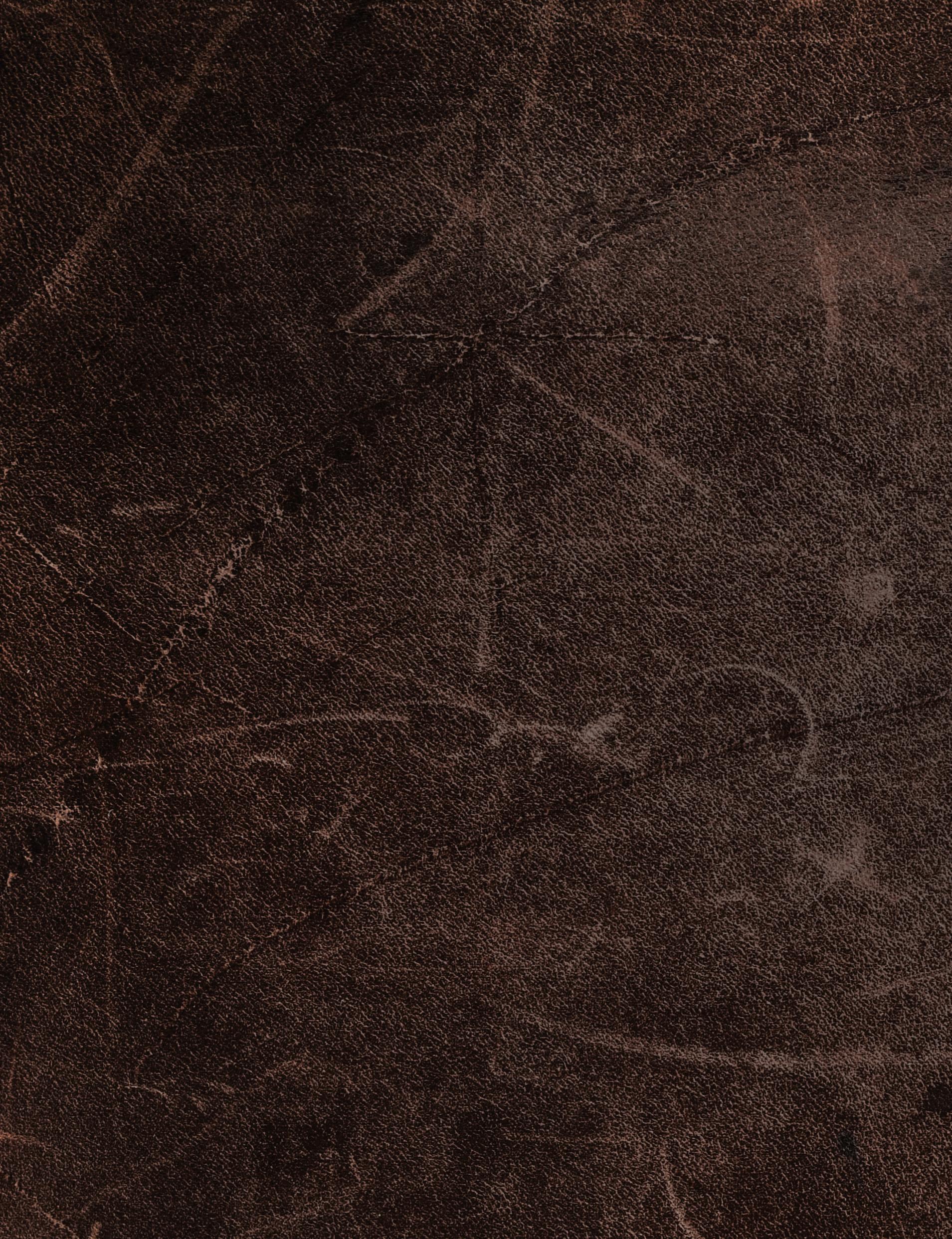
TH: As long as things continue to improve, rodeo will continue to grow. Bareback Riding probably has the least number of participants compared to the other events. I hope guys see that with the money available if they to come and treat themselves like professional athletes and work at it that they can make a lot of money. It took me 12-13 years to win a million dollars, but a guy like Clayton Biglow has been winning 250-300 thousand dollars a year since he was twenty years old. That’s a good amount of money. There is a living to be made in rodeo and I think it’s going to continue to grow. I hope kids see Bareback Riding and think it’s a cool event that they might be interested in. Bareback Riding can take you wherever you want to go. You didn’t have to grow up on a ranch or around horses or anything. I probably rode about four saddle horses before I started riding bucking horses. It’s a really special sport. I hope ten years from now there are ten times as many people who think that too. I hope it continues to grow.
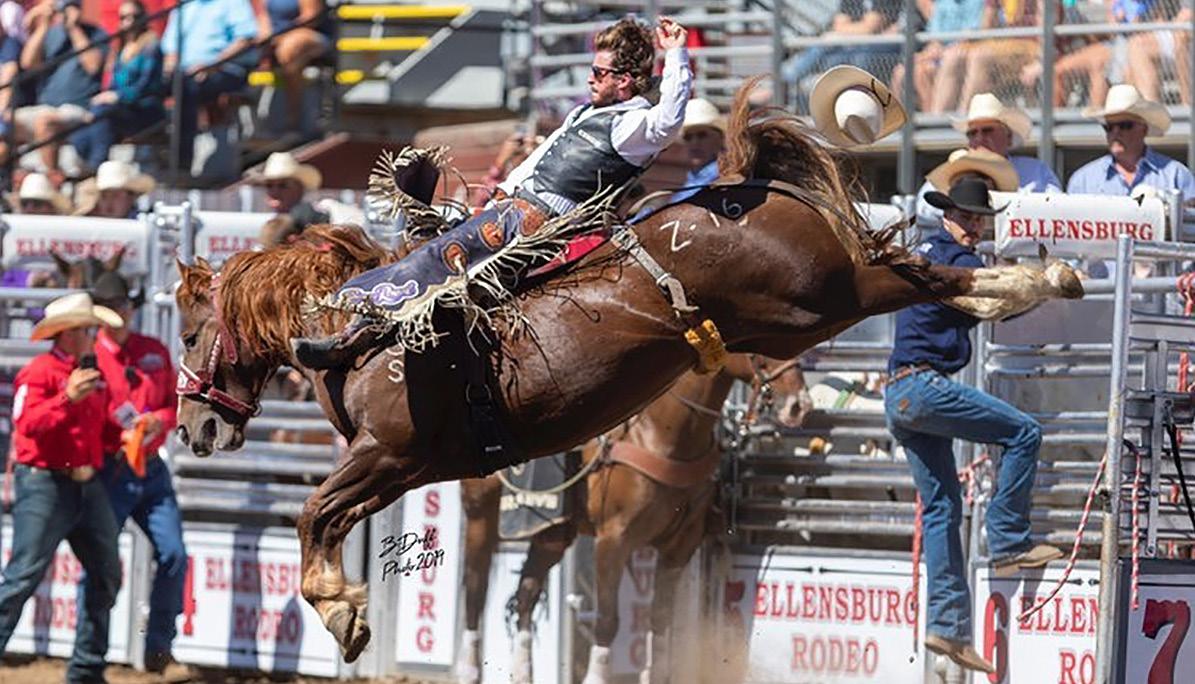
RL: How do you think the televised exposure of rodeo through the Cowboy Channel and shows like Yellowstone have affected the rodeo industry?
TH: It’s been positive. The more positive exposure rodeo can get, the more people are going to react positively to it. The Cowboy Channel has been huge for our sport and the PRCA this year. The chance it has given these rodeos to be on TV and for cowboys to be seen gives our sport a huge opportunity to grow.
Talking about horses over the last two years I’ve become friends with Taylor Sheridan. I think he’s a big fan of rodeo and of cowboys in general. Cowboys are a special breed so anytime we’re getting a spotlight in a positive manner and making cowboys look cool I think it’s good for our sport. I like Yellowstone and I think it’s a positive thing for our industry.
RL: Is there anything else about Bareback Riding or the rodeo industry that you would like people to know?
TH: Two of the biggest misconceptions in Bareback Riding have to do with the cowboys and the livestock. Someone that is unfamiliar and uneducated about our industry might think that we are making these horses buck. I don’t think these people truly understand that these horses are bred to do this job. This is what they love to do. If I couldn’t be a Bareback Rider, I think the next best job would be to be a Bareback horse. I’m sitting here looking at a picture of Virgil, one of the greatest horses there is. He’s such a cool horse because you can tell that he loves his job. When runs in the bucking chute he picks his head up and he’s looking all around. After he gets done bucking out in the arena, whether the guy scored 90 or he threw the guy off, he throws his head up and runs a victory lap. These animals have personalities. As cowboys and contestants, we love these horses. To me, the bucking horses are the coolest part of what I do – I’m just along for the ride. I can’t do much if I don’t have much to work with. These horses buck and only work 20-30 seconds a year and the rest of the time they are relaxing and enjoying the country. I don’t think there’s a better life than that of a bucking horse. I also don’t think people realize what athletes cowboys are and the kind of physical work we put in everyday to train for this. These guys are professional athletes. We are out training just like in other professional sports. I really think there are a lot of great athletes in our sport who put in a lot of effort.


